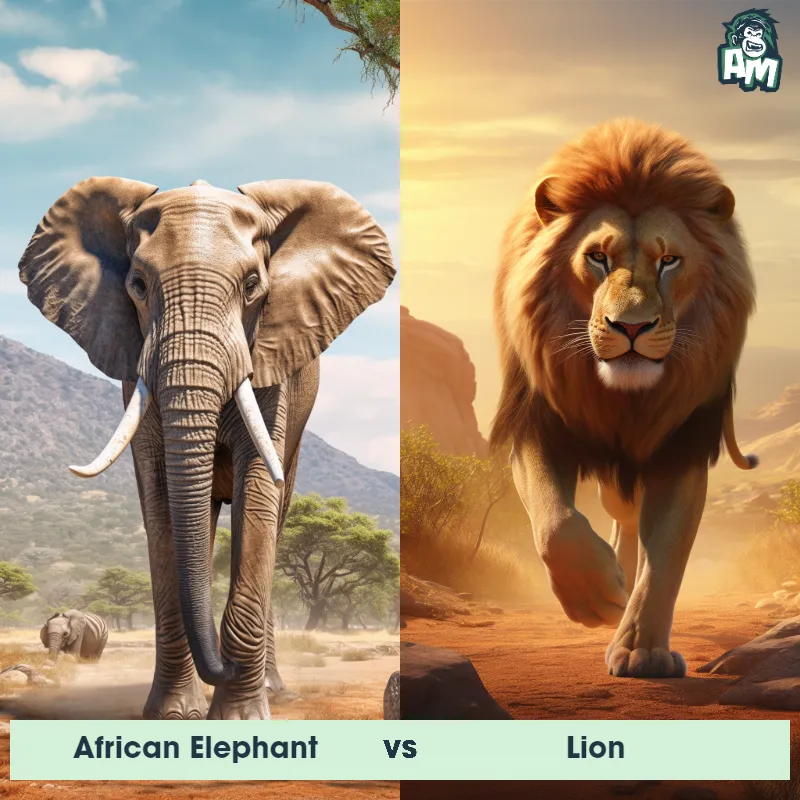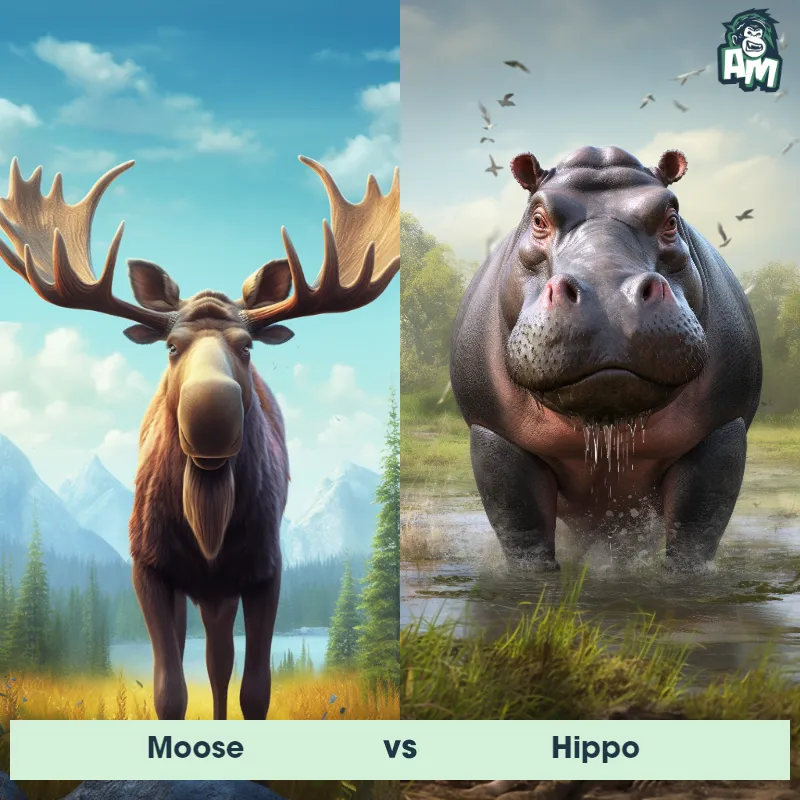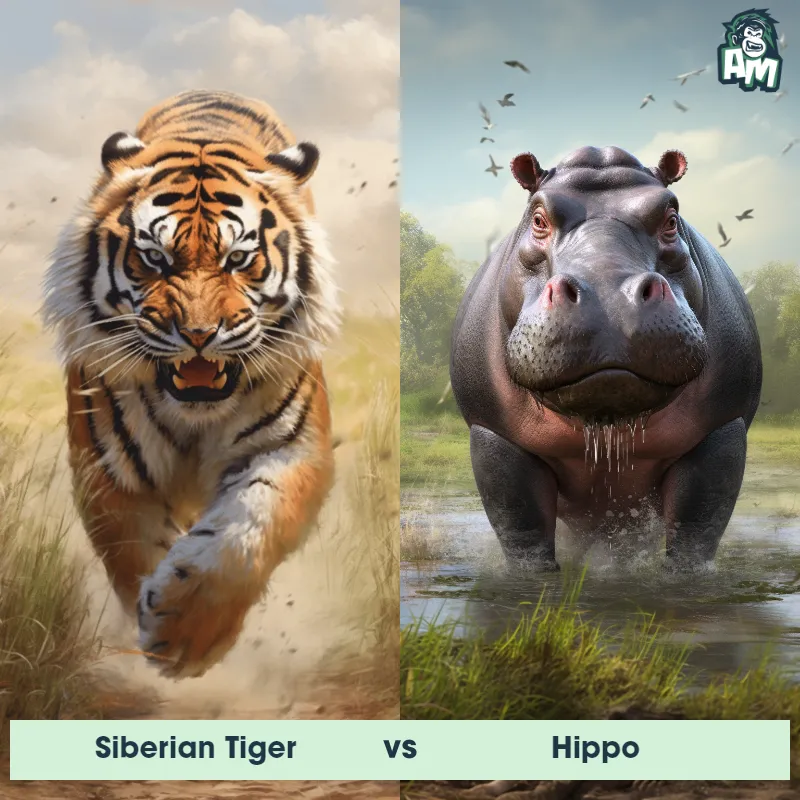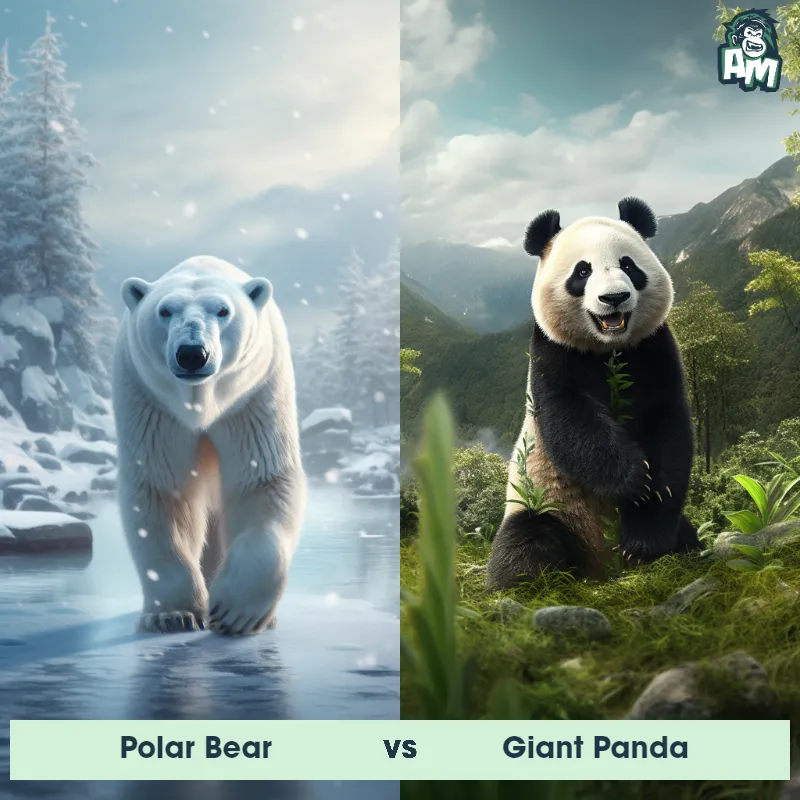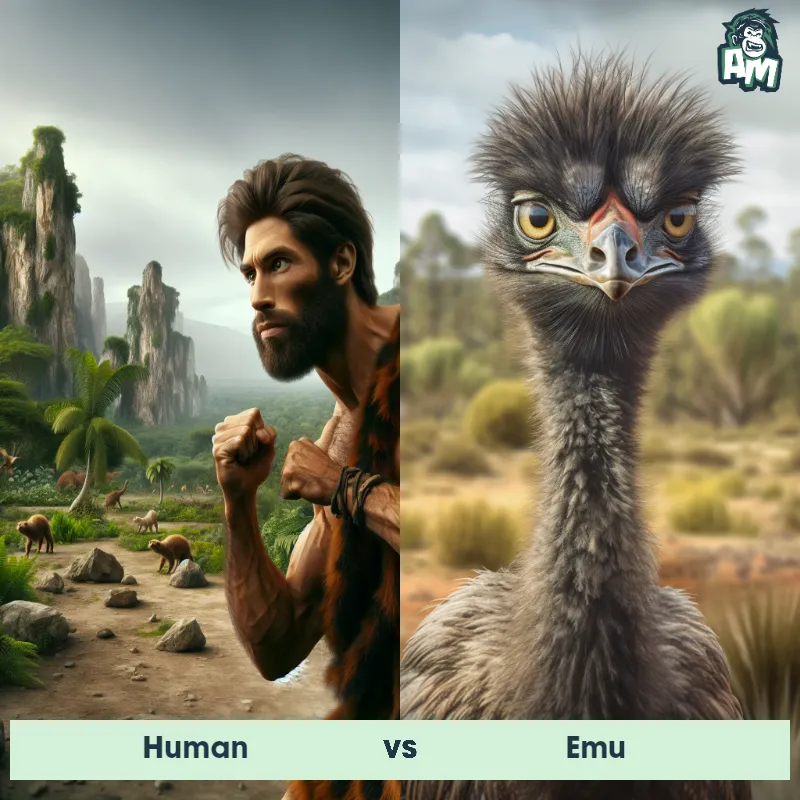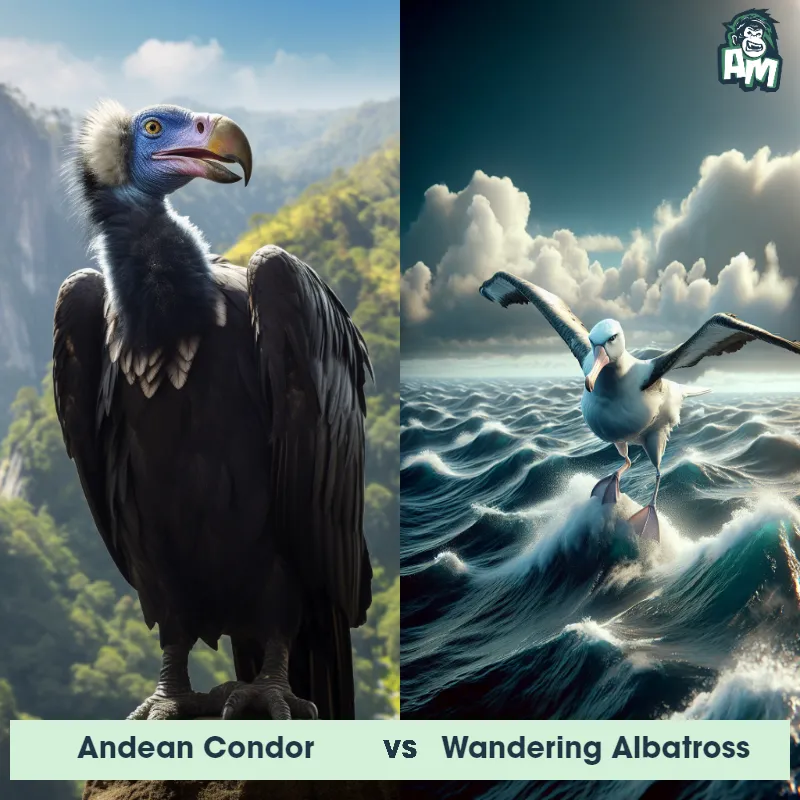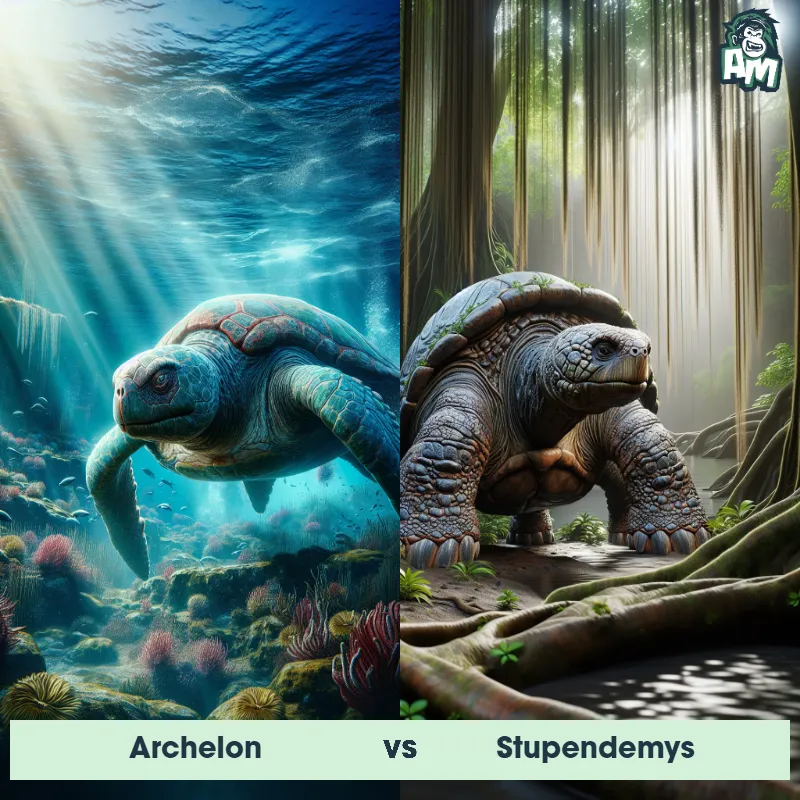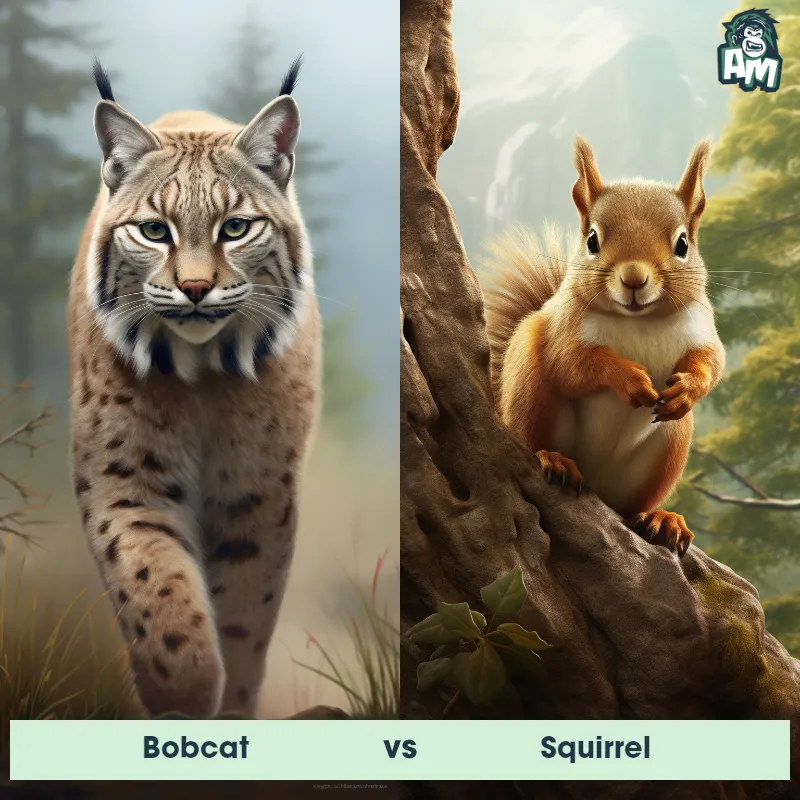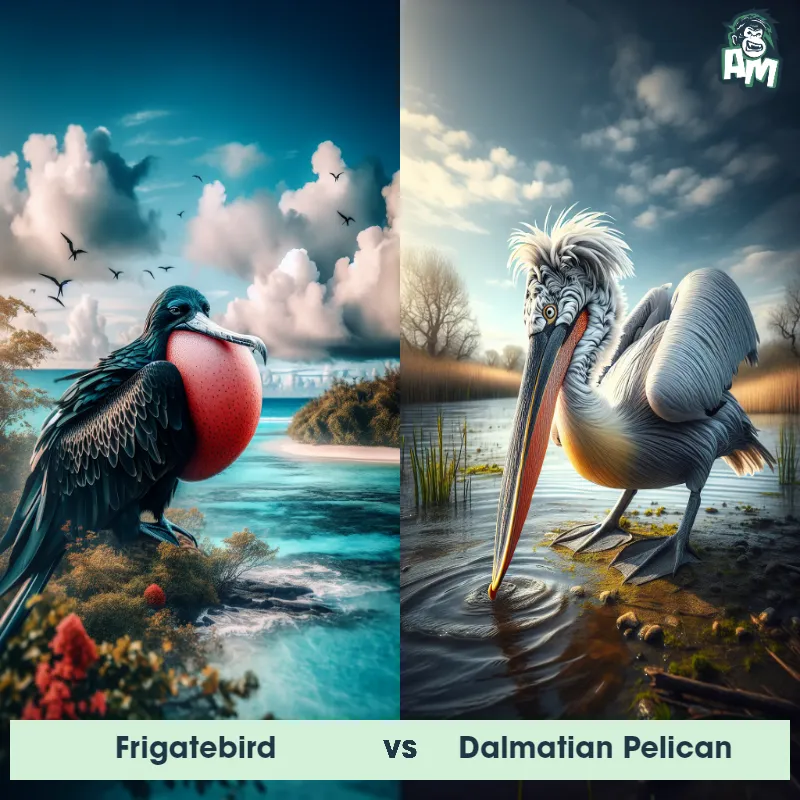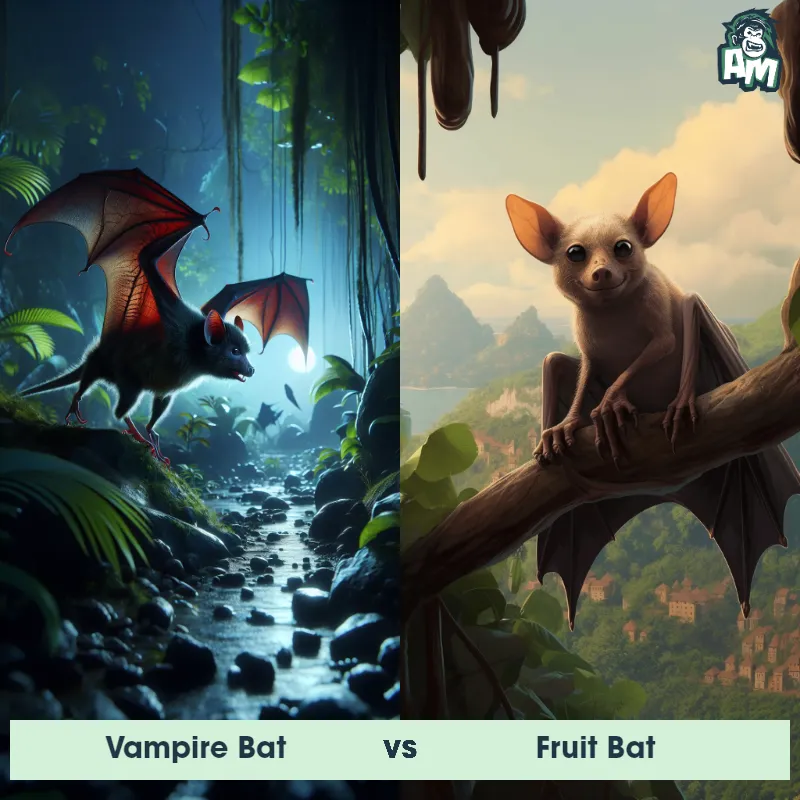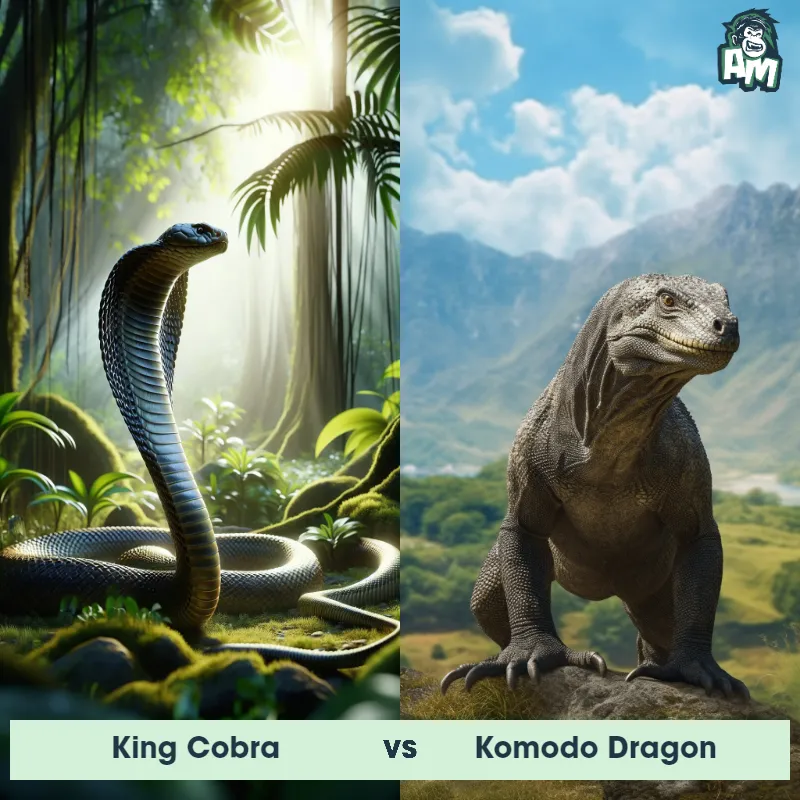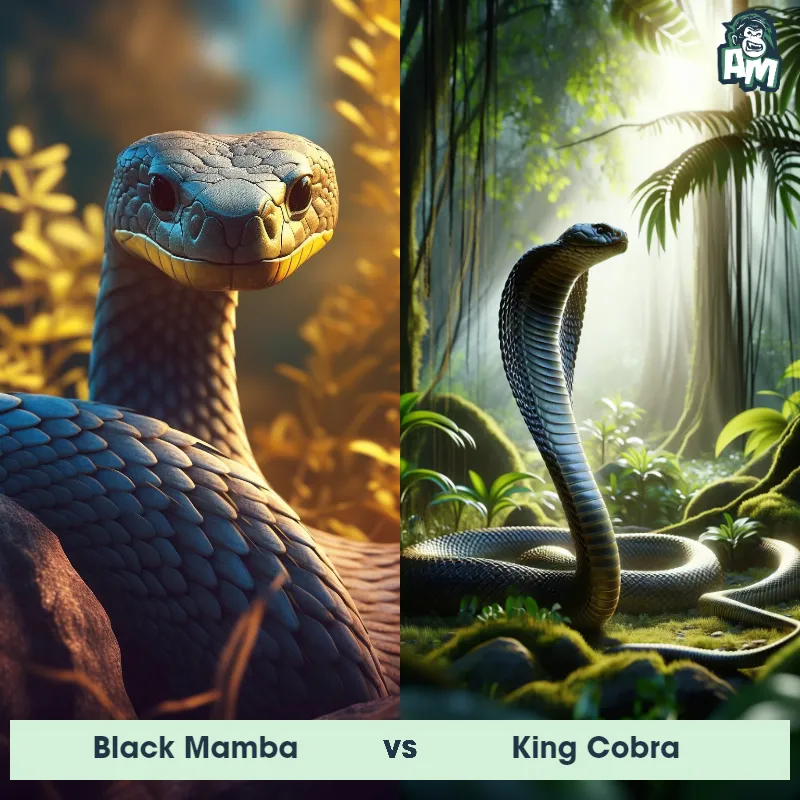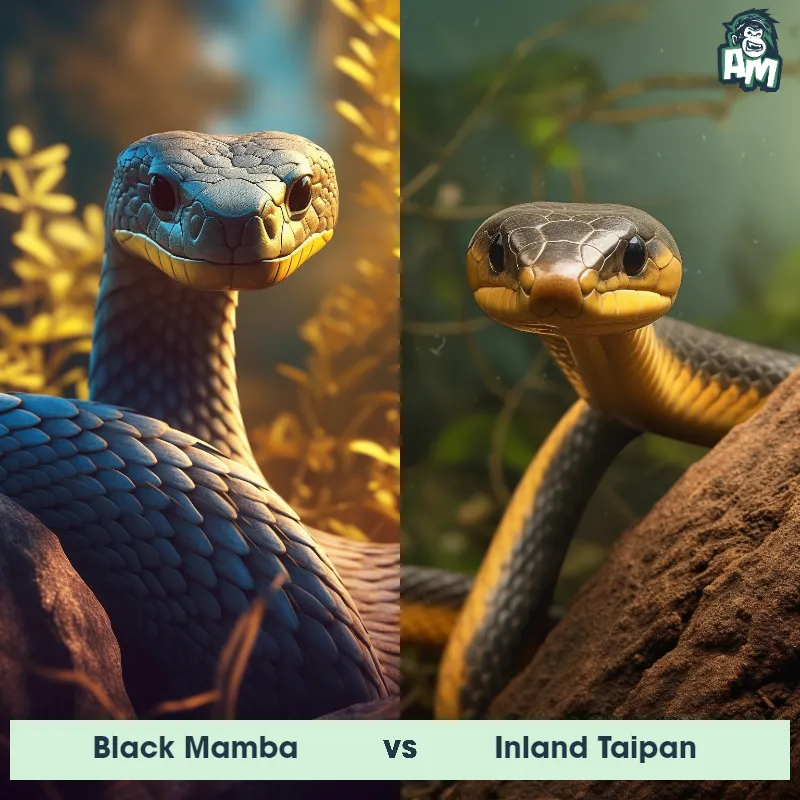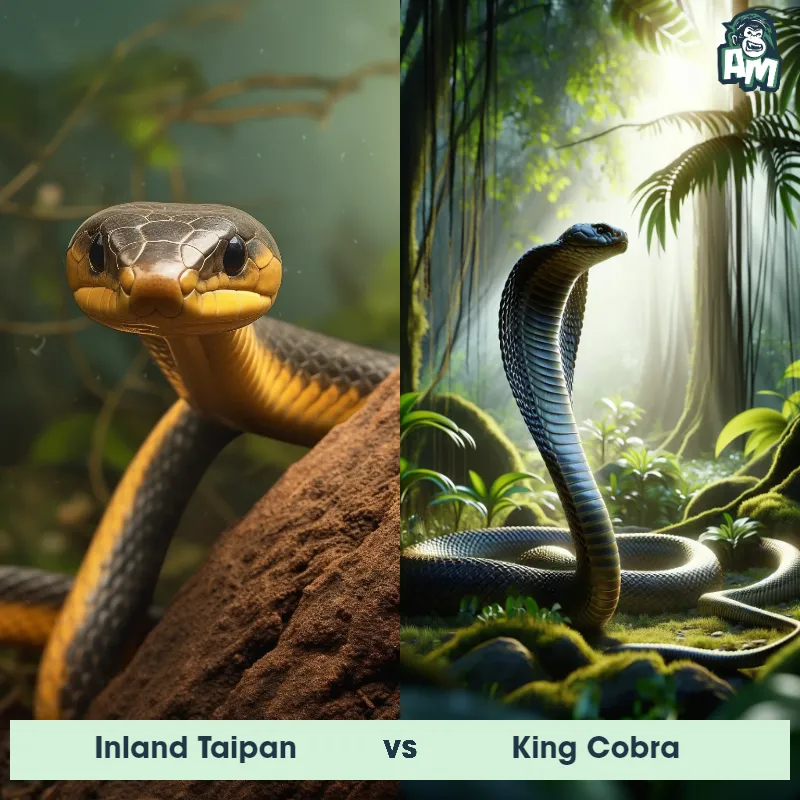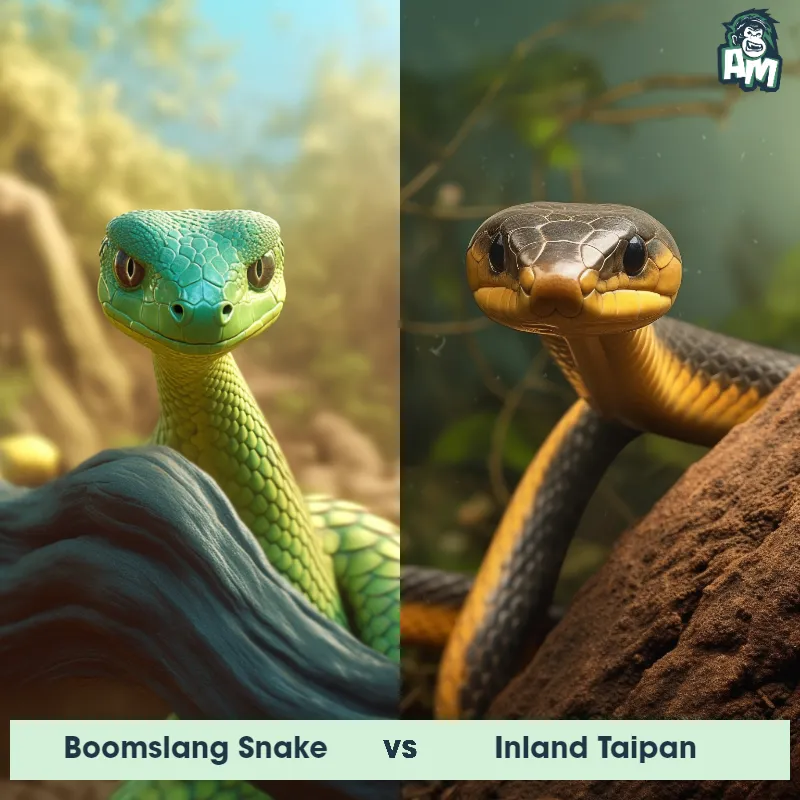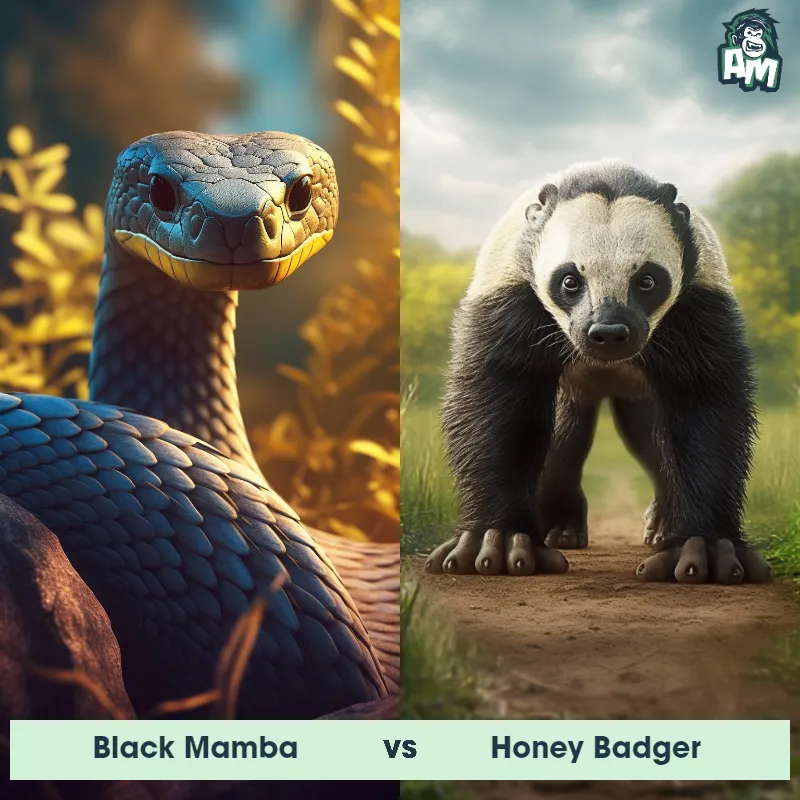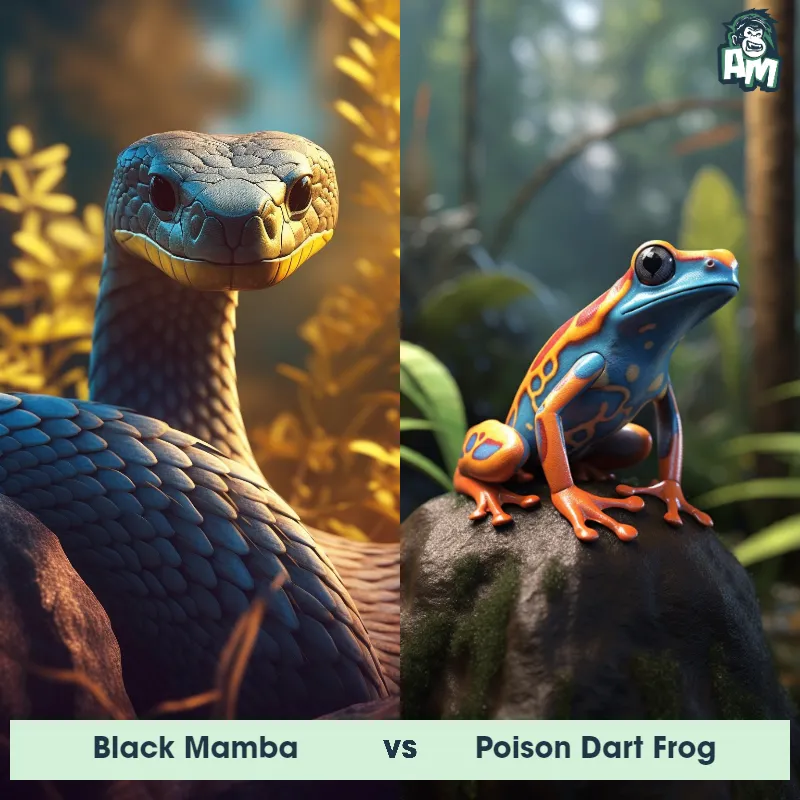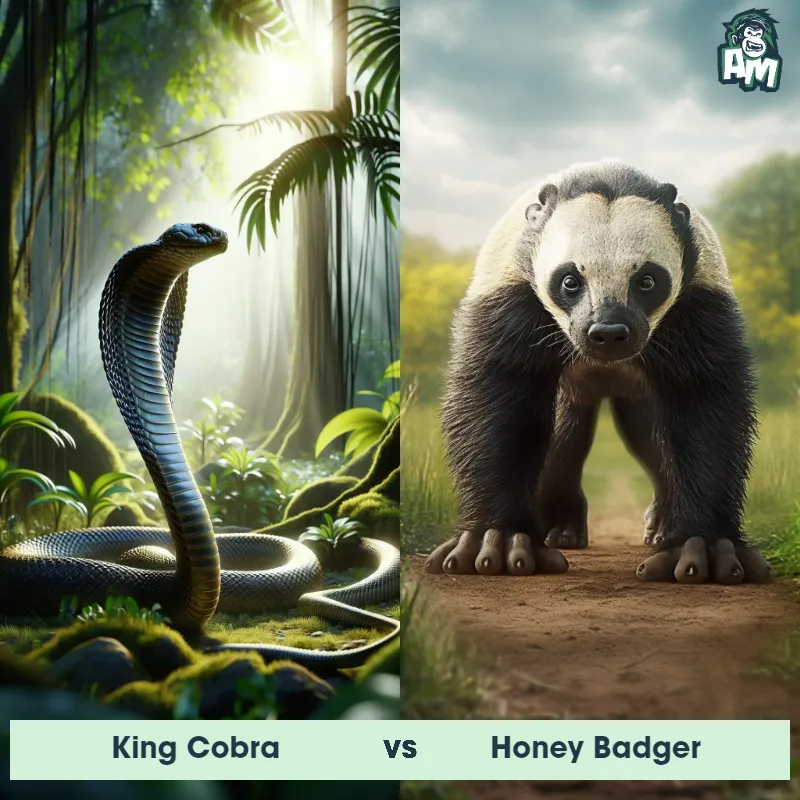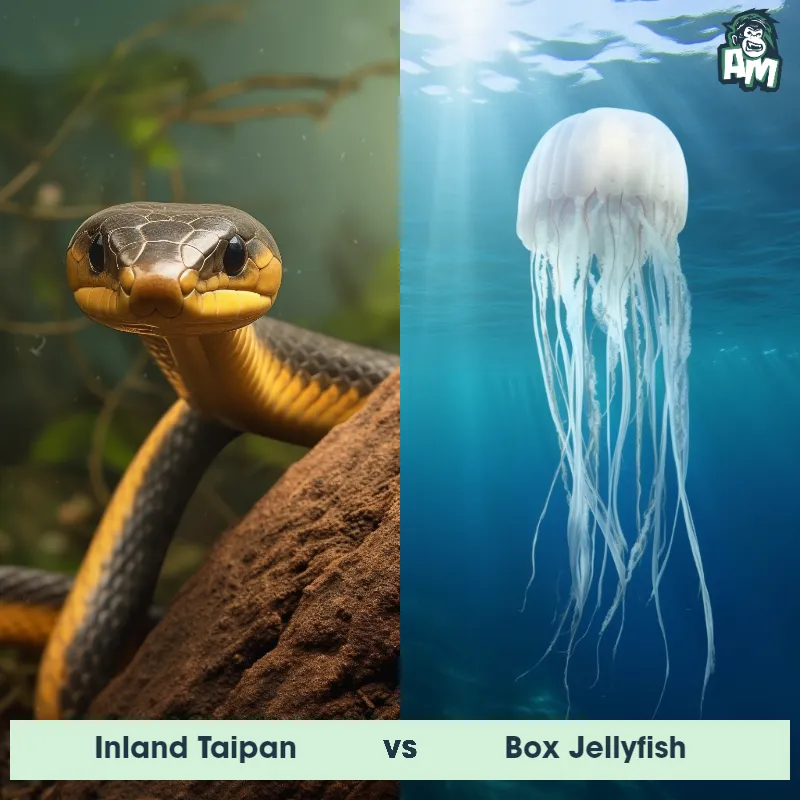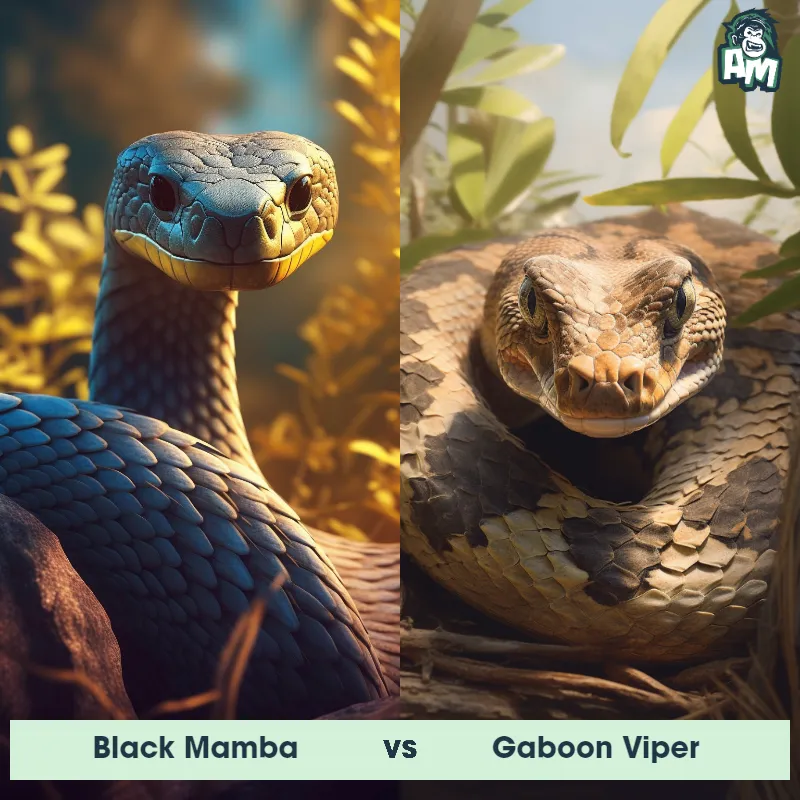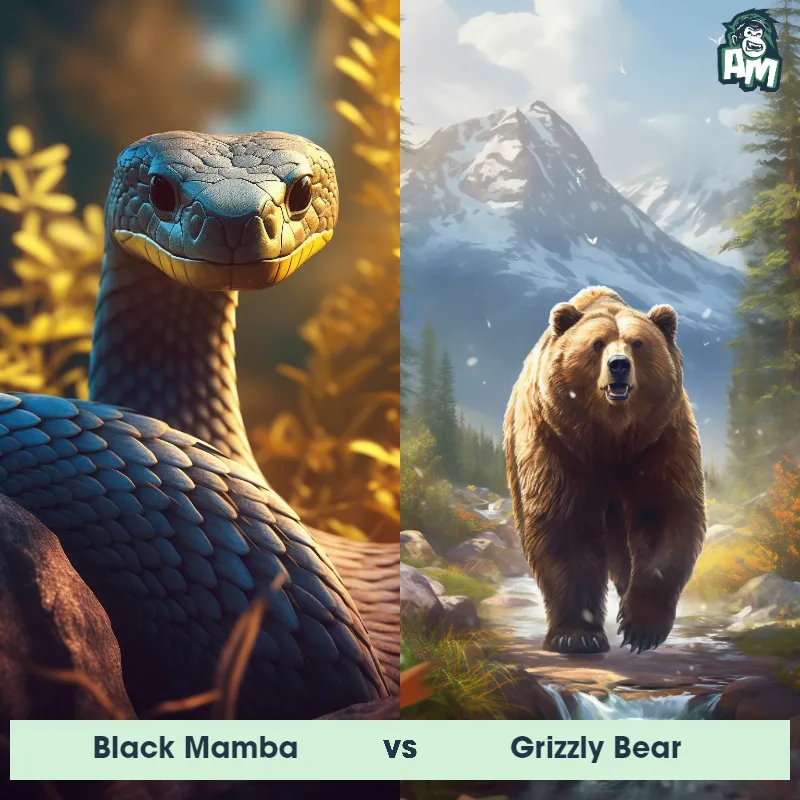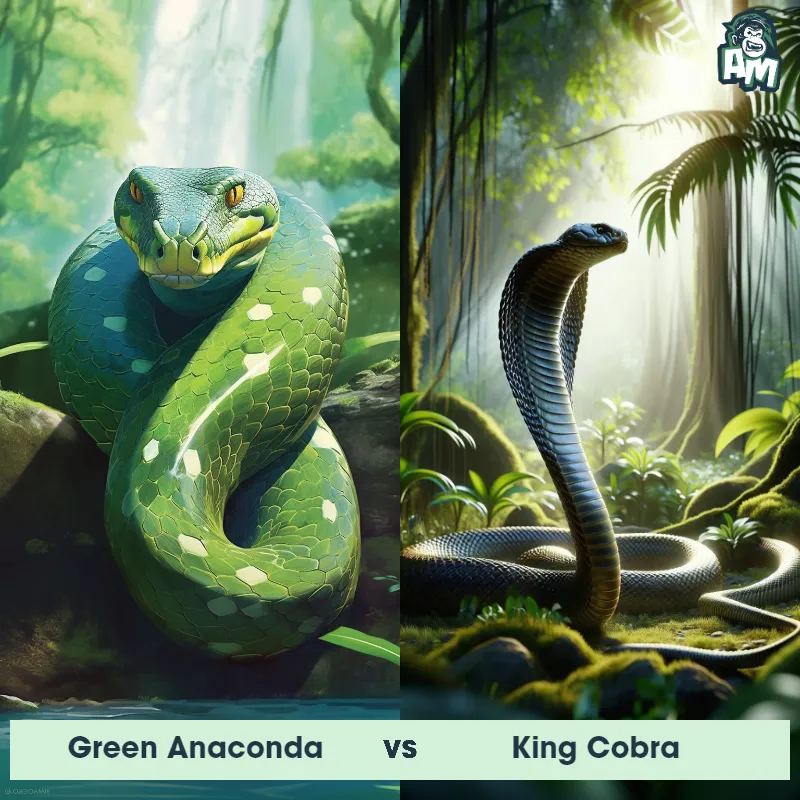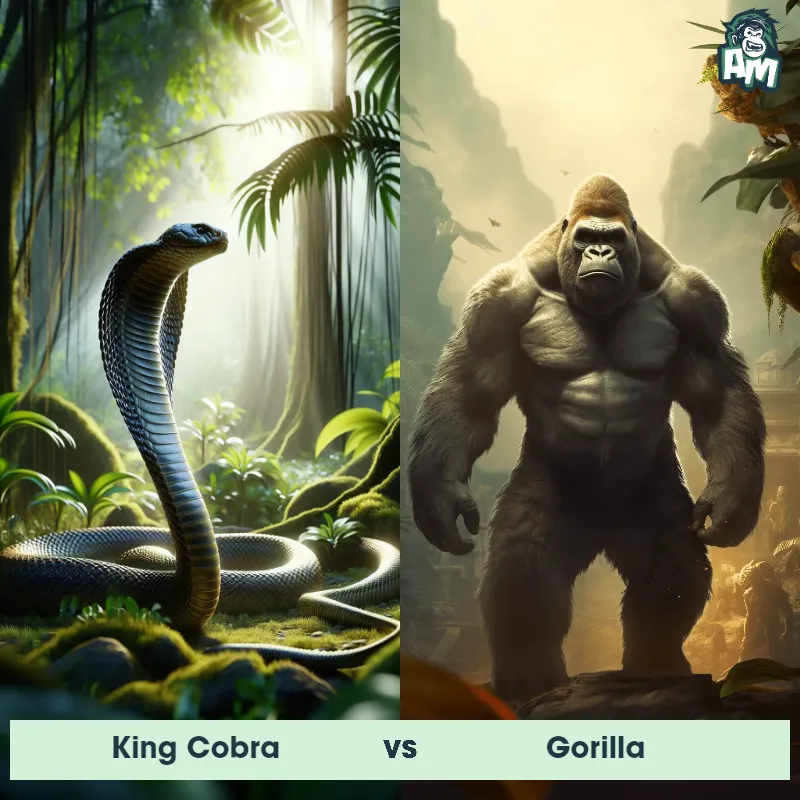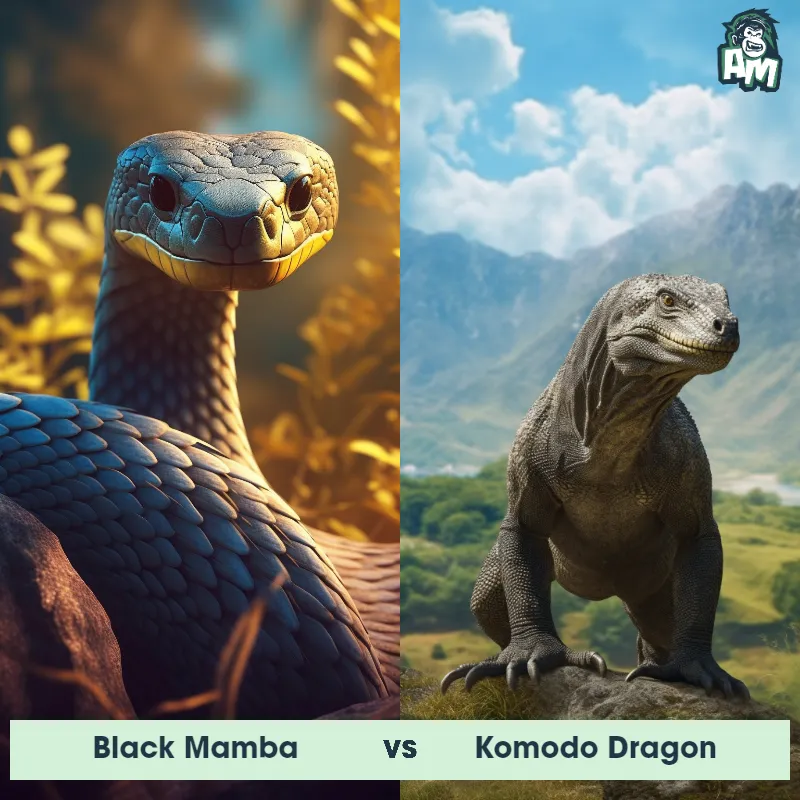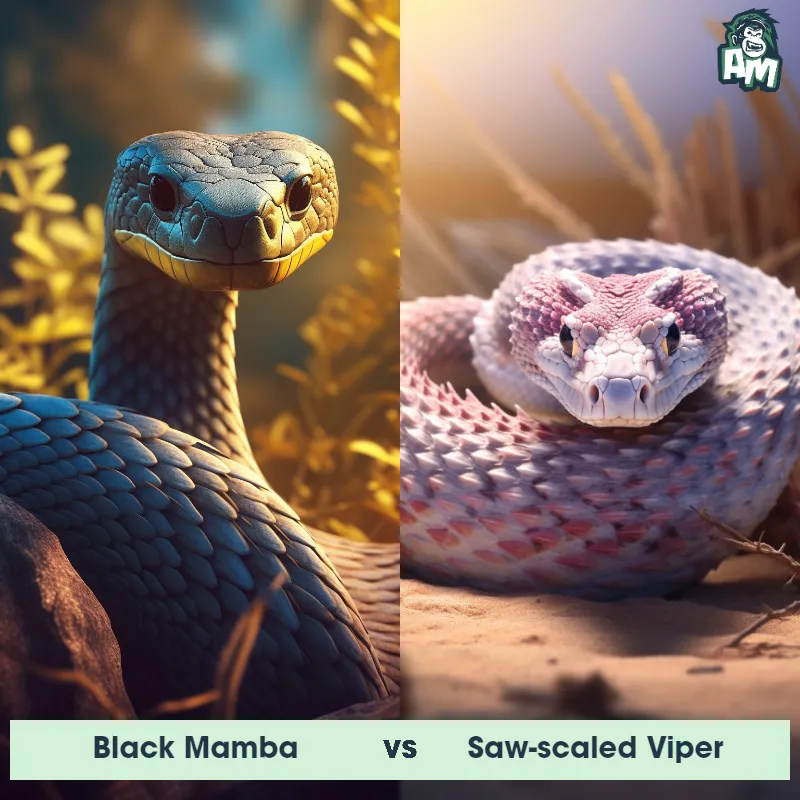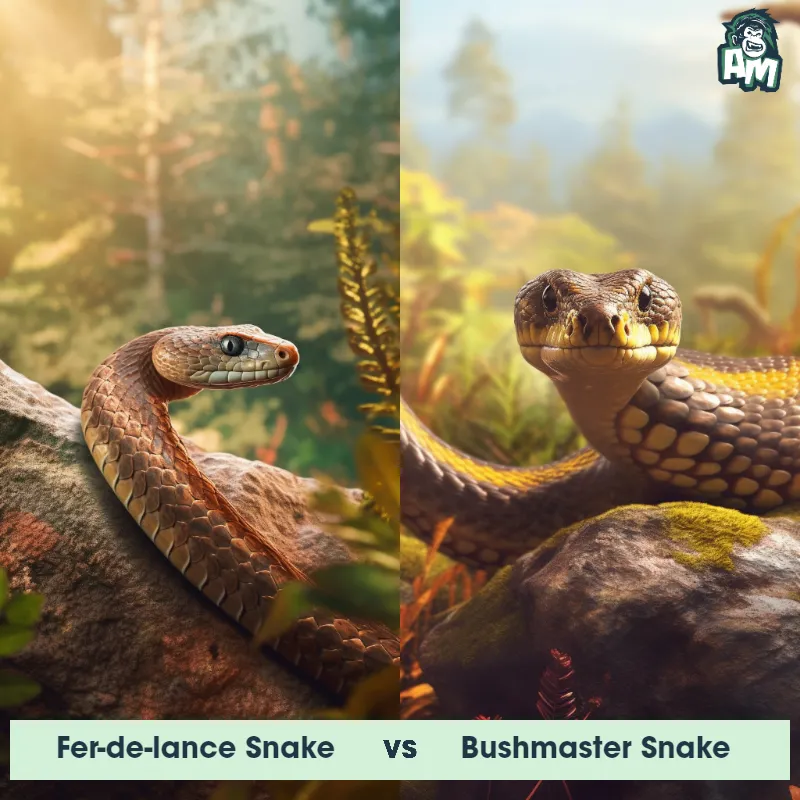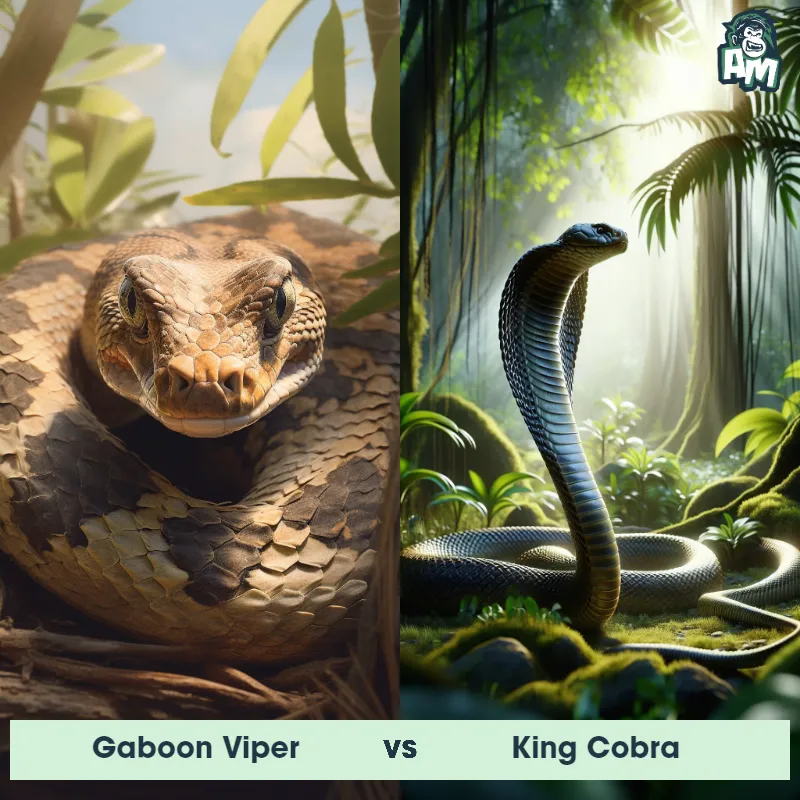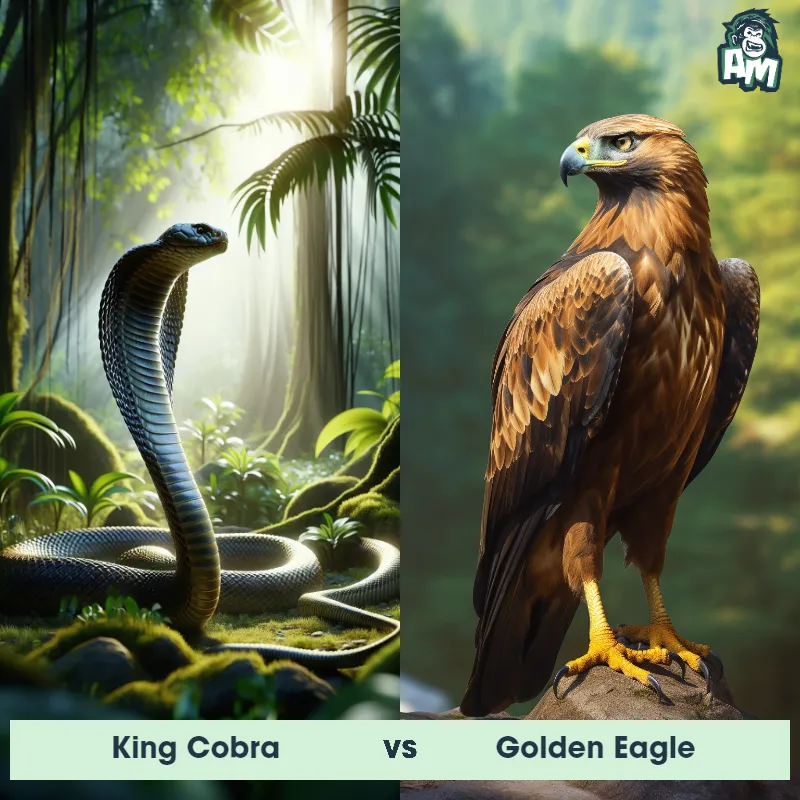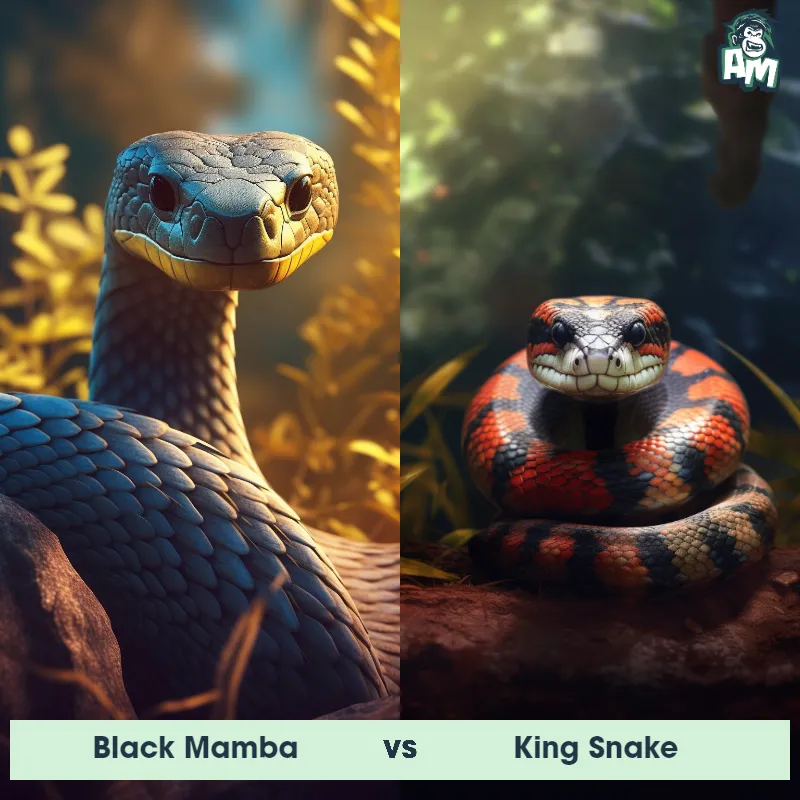King Cobra vs Puff AdderSee Who Wins
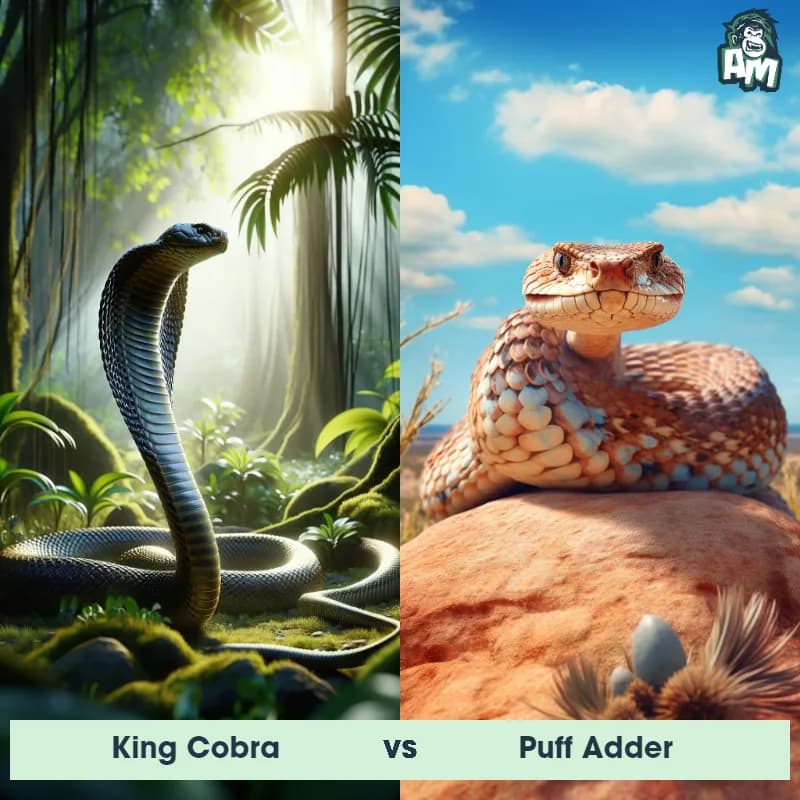
King CobraLadies and gentlemen, welcome to the ultimate showdown of serpents here at our extraordinary venue. We have a thrilling three-round fight lined up today between two of the deadliest snakes in the world. In the blue corner, weighing in at an impressive 15 pounds, we have the sleek and swift King Cobra. And in the red corner, tipping the scales at 10 pounds, we have the venomous and notorious Puff Adder. This is bound to be a spine-tingling contest, so let the games begin!
Contender 1: King Cobra
The King Cobra, also known as Ophiophagus hannah, is the longest venomous snake in the world, reaching up to 18 feet in length. It has distinctive markings of black and yellow bands, and its head is large and flattened with two small eyes and nostrils. The King Cobra is found in Southeast Asia and is known for its deadly venom, which can cause respiratory failure and death in humans.
Fun Fact: The King Cobra is the only snake species that builds a nest for its eggs, which it guards fiercely until they hatch.
Contender 2: Puff Adder
The Puff Adder, also known as Bitis arietans, is a venomous snake found in Africa. It is known for its distinctive hissing sound and its ability to puff up its body when threatened. The Puff Adder has a broad, triangular head and a thick body covered in brown or gray scales with a series of dark, chevron-shaped markings. It can grow up to 5 feet in length and is responsible for more snakebite fatalities in Africa than any other species.
Fun Fact: Puff Adders have a unique hunting strategy where they lie in wait for prey to come to them, rather than actively seeking out food.
Matchup Stats
| King Cobra | Puff Adder | |
|---|---|---|
| Size | Up to 18 feet (5.5 meters) | Up to 5 feet (1.5 meters) |
| Weight | Up to 20 pounds (9 kilograms) | Up to 13 pounds (6 kilograms) |
| Speed | Speed: 12 mph (19.31 km/hr) | Speed: 2-3 mph (3.2-4.8 km/hr) |
| Key Strength | Venomous bite | Venomous bite |
| Biggest Weakness | Vulnerable to larger predators | Slow movements |
Current Votes
King Cobra vs Puff Adder
See Who Wins
View More Matches
Looking For More?
Similar Matches
Scientific Stats
| King Cobra | Puff Adder | |
|---|---|---|
| Scientific Name | Ophiophagus hannah | Bitis arietans |
| Family | Elapidae | Viperidae |
| Habitat | Forests, grasslands, and swamps | Savannas, grasslands, forests, and rocky areas |
| Geography | Southeast Asia | Africa |
| Diet | Rodents, birds, and other snakes | Small mammals, birds, reptiles, and amphibians |
| Lifespan | 20 years - 25 years | 10 years - 15 years |
Key Differences between King Cobra and Puff Adder
- Body shape and Size: King Cobra Slender and elongated body, can reach lengths of up to 18 feet (5.5 meters). Puff Adder Thick and stocky body, usually grows to around 3.3-4.9 feet (1-1.5 meters) in length.
- Hood display: King Cobra When threatened or defensive, it can flare out its distinct hood by extending long ribs located behind their heads. Puff Adder Lacks the ability to expand a hood; instead, it relies on its coloration and pattern to camouflage itself and may hiss or puff up its body when threatened.
- Color and pattern: King Cobra Typically olive or brownish in color with lighter belly scales, and often displays a pattern of black bands or ring-like markings along the body. Puff Adder Generally has a reddish-brown to grayish-brown coloration, with darker irregular blotches or speckles across the body, providing excellent camouflage.
- Head Shape: King Cobra Possesses a distinctive, elongated head, slightly wider than the neck, with smooth scales on top. Puff Adder Has a relatively large, triangular-shaped head, broader than the neck, with rough scales on top.
- Eye characteristics: King Cobra Possesses large, round eyes that are positioned forward on the head, providing excellent binocular vision. Puff Adder Has relatively smaller, oval-shaped eyes that are positioned more to the sides of the head, granting a wider field of vision.
- Scale texture: King Cobra Exhibits smooth, glossy scales across the body, enabling it to move silently and swiftly. Puff Adder Displays rough, keeled scales that provide some traction while moving on the ground and aids in camouflage.



